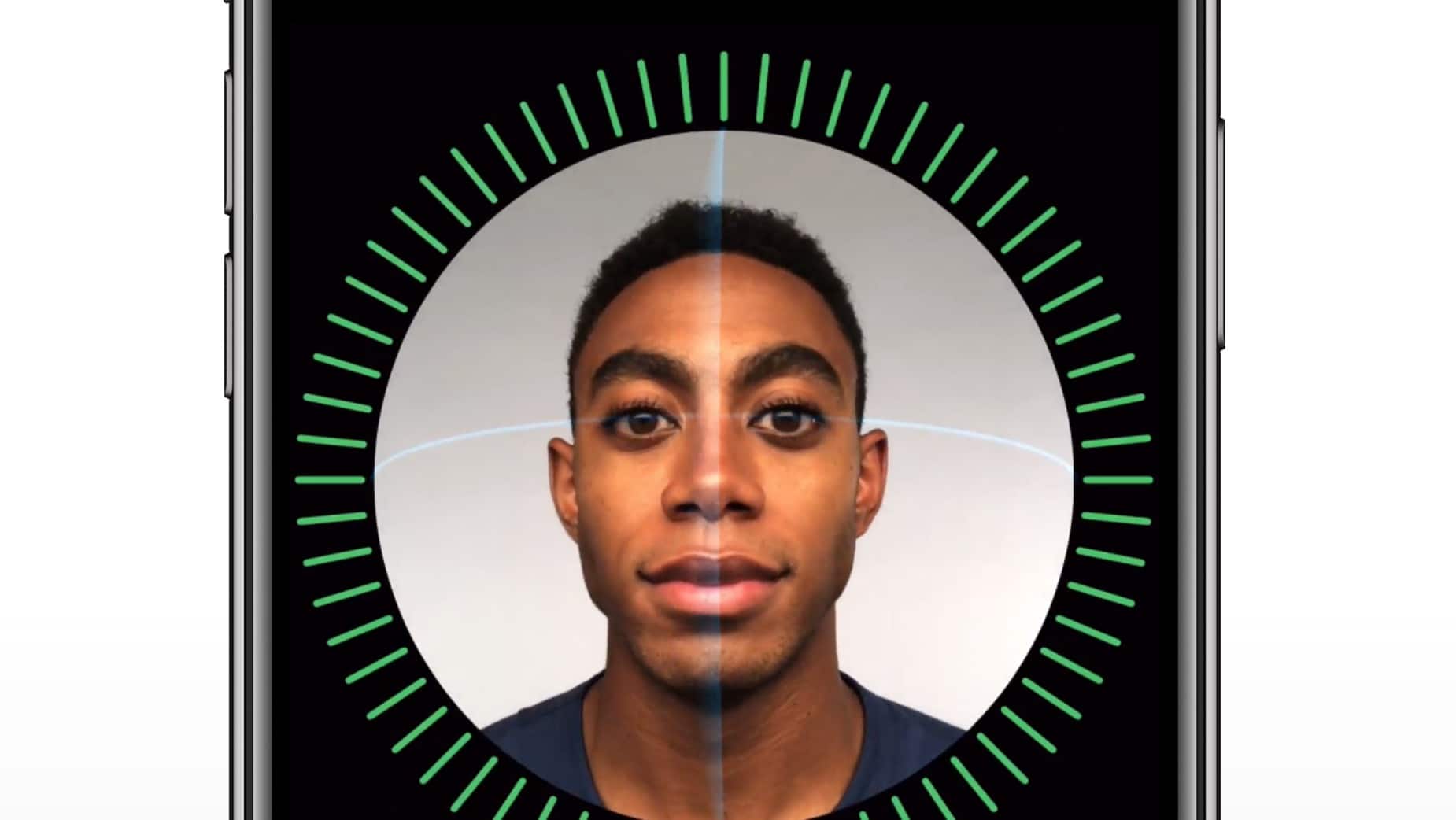The Face ID sensor on the new iPhone X may be accurate, but according to a new report it could have been even more so if Apple hadn’t been experiencing production problems with the handset.
With the prospect of losing holiday sales, Apple reportedly “quietly told suppliers” that they could reduce the accuracy of the face-recognition technology used in the new handset in order to make it easier to manufacture.
The challenge was shrinking down a component similar to the Microsoft Kinect design to a size that would fit in an iPhone. According to a person familiar with the component in question, “It’s an aggressive design, and it’s a very aggressive schedule.”
The 3D sensor consists of a dot projector, flood illuminator and infrared camera. The flood illuminator beams infrared light to establish whether it is looking at a face, before the projector flashes 30,000 dots onto the face, at which point the phone decides whether to unlock.
The dot projector is the component that has caused Apple the most trouble, with only around 20 percent of those manufactured working. As a result, Apple made the call to reduce the sensor accuracy, although it’s still more efficient than Touch ID in terms of accuracy. As Bloomberg notes:
“Despite demanding the near impossible, Apple didn’t add extra time to get it right—giving suppliers the typical two-year lead time. The tight schedule underestimated the complexity of making and assembling exceedingly fragile components, said one of the people familiar with the production process. That left suppliers short on time to prepare their factories and explains why the iPhone X is being released a full six weeks later than the iPhone 8, said this person, who asked to remain anonymous to discuss an internal matter.”
The report ends by noting that the 3D sensor shortage is expected to end in early 2018, although the weakness of iPhone 8 sales and limited iPhone X supplies could mean that Apple winds up selling fewer phones than last year, despite the iPhone X hype.
Update: Apple has officially denied the report saying it is completely false.
“Bloomberg’s claim that Apple has reduced accuracy spec for Face ID is completely false and we expect Face ID to be the new gold standard for facial authentication,” the company said in a statement.


